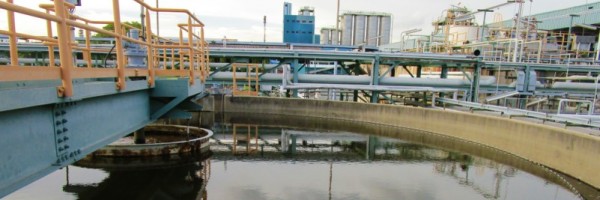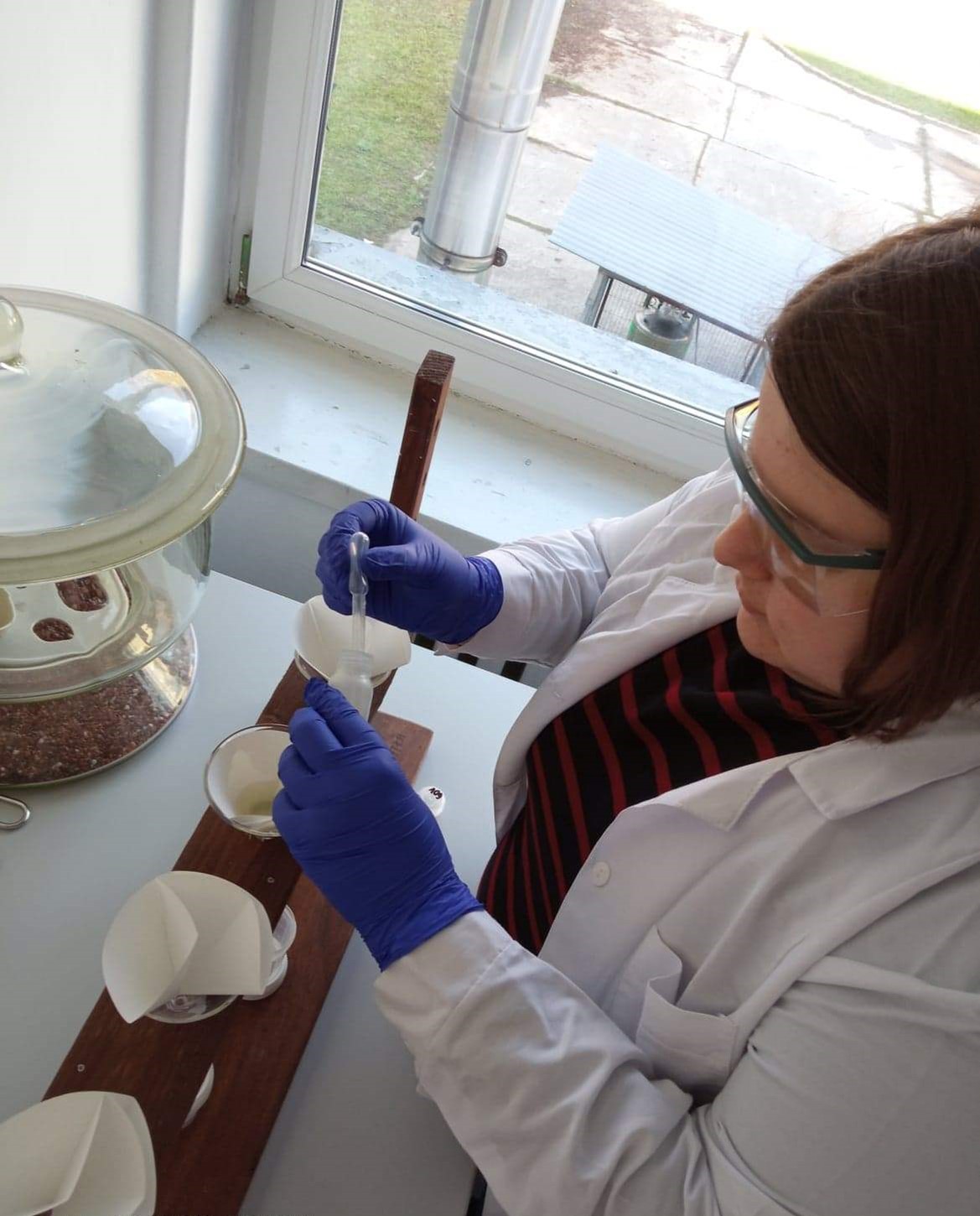|
|
The increase in urbanization, the development of new technologies and the increase in the efficiency of biological wastewater treatment are the reasons for the systematic increase in the amount of sewage sludge, the quality of which rarely meets the requirements of environmental protection. Sewage sludge, apart from their soil-forming qualities and fertilizing properties, are characterized by high enrichment in toxic metals, which are a harmful factor for the environment and living organisms, including humans. Among the main sources of these pollutants in the sludge, we can distinguish: industrial wastewater, surface runoff and corrosion of sewage pipes. Moreover, metals in the environment show high persistence and a high level of bioaccumulation. Due to the negligible degree of degradation, once introduced into the environment, they remain in it and interact for a long time. The most common and economically justified direction of sewage sludge management in Poland is its natural use, which is mainly limited by the concentration of metals. The research conducted as part of the Project was aimed at assessing the degree of contamination of sewage sludge with selected heavy metals (Cd, Cr, Cu, Hg, Ni, Pb, and Zn) and the analysis of the ecological risk posed by these elements, based on the knowledge of the total concentration and chemical form of their occurrence. The research covered sludge in the entire technological line of the selected wastewater treatment plant. To assess the degree of contamination of sewage sludge with heavy metals and to estimate the potential ecological risk that these elements may pose, a number of indicators were used, relating to both a single metal and a group of elements. Based on the conducted research, it can be concluded that the high degree of contamination of the analyzed sewage sludge with selected heavy metals, determined only on the basis of the knowledge of their total content, does not always mean that a given element does not pose a potential threat to the natural environment and living organisms. The situation is different in summary terms, where all considered metals are taken into account, both those which may cause lower and higher risk. The results obtained as a result of the Project also showed that heavy metals, which were presented in lower concentrations compared to the others, may pose a higher ecological risk. |





